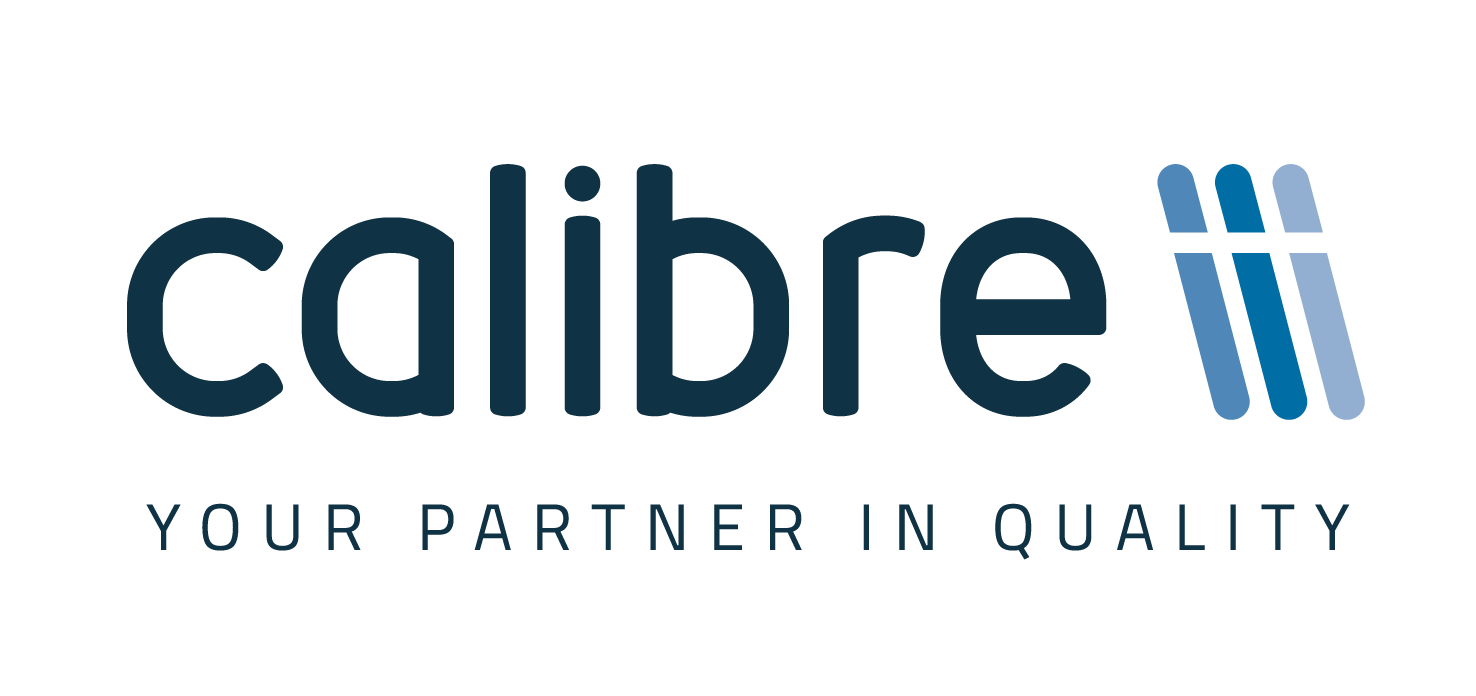Dairy Microbiology Testing
Testing dairy products for bacteria is essential for the quality and safety of end products in the dairy industry.
A whole range of pathogens can have a detrimental effect on milk quality, and dairy microbiology testing is a highly effective set of methods for detecting them.
What is Dairy Microbiology?
Dairy microbiology is the application of various microbiological analysis methods in the testing of milk and other dairy products, part of which, is how to test for bacteria in milk.
Microbiological analysis of uses various methods to detect, identify and quantify microorganisms in materials, including food.
Many of the microorganisms that microbiology tests can cause diseases in, and spoilage of, food.
Microbiological analysis includes these methods:
Biological
Biochemical
Molecular
Chemical.
What Does Dairy Microbiology Test?
Dairy microbiology can identify microbial threats in dairy products, including:
E.coli and coliforms
Salmonella
Listeria monocytogenes
Cronobacter
Enterobacteriaceae
Staphylococcal enterotoxin
Coagulase positive Staphylococci
Clostridium perfringens
Thermotolerant Campylobacter spp.
Bacillus cereus
Somatic cells
Moulds
Probiotics.
Some of these pathogens, such as salmonella, can affect a wide range of dairy products, including powdered milk and infant formula.
Others, such as E.coli, are limited to raw milk and derivatives.
But because there can be such a diverse set of organisms present in dairy production and products, it’s important to have testing methods that are clearly effective in detecting a whole range of them.
Some bacteria found in dairy products are especially dangerous, such as cronobacter, which can cause severe neonatal infections, including septicaemia and meningitis.
And certain bacteria are more of a threat at different stages of the dairy production cycle.
For example, you can find enterobacteriaceae in dairy products from insufficient pasteurisation or sterilisation, or from recontamination due to lower hygiene standards.
Dairy testing extends to testing for antibiotics in milk. These can be present due to treating cattle for mastitis, a disease of the udder that can affect milk yields.
Milk hygiene and dairy testing are critical issues for farms and other dairy producers. Dairy microbiology offers the means to provide accurate and efficient testing for quality control and quality assurance.
How Do You Test for Bacteria in Milk?
One method for testing for bacteria in milk is to use a culture method, such as the Charm Microbial Peel Plate. This microbial test will detect E.coli and coliforms, aerobic bacteria, and Enterobacteriaceae in milk samples.
What Equipment Can You Use for Dairy Testing?
There is a range of dairy testing equipment for use both on-farm and in the lab.
This includes Charm multipurpose analysers that can conduct different ATP tests.
These analysers can test milk for pasteurisation levels and the presence of microorganisms by reading a range of different ATP swab tests.
Other dairy testing equipment includes the Charm Epic, which tests the shelf life of UHT milk for spoilage, and the Lactoscan Somatic Cell Counter.
This tests milk for somatic cells. These are an indicator of milk quality because most of them are white blood cells, also known as leukocytes. These cells increase in milk as the cow’s response to mastitis-causing pathogens.
Essentially a lower somatic cell count (SCC) indicates better animal health which, in turn, should provide a better quality of milk yield.
How Important is Dairy Microbiology Testing?
The problem with milk and dairy products is that they provide the perfect environment for many different types of bacteria to thrive in.
Therefore, dairy producers must monitor their products and test them constantly for the presence of bacteria and other contaminants.
This involves testing for specific microorganisms, such as salmonella, but also for the presence of antibiotics.
Effective dairy testing is a food safety issue for consumers, but also an economic issue for dairy farmers and other producers.
Milk production in Great Britain is predicted to top 12 billion litres, and it's a highly competitive marketplace. Plus, various factors are driving down farmers' margins. Maintaining quality is, therefore, a key factor in milk production.
Dairy Testing on the Farm or In the Lab
We have a range of dairy testing products that offer rapid, accurate and convenient testing methods.
For more information, please contact Calibre.
